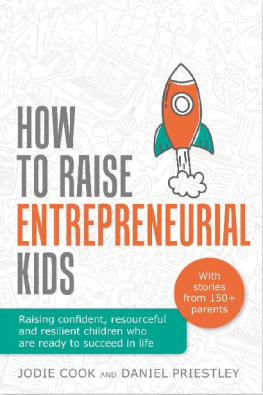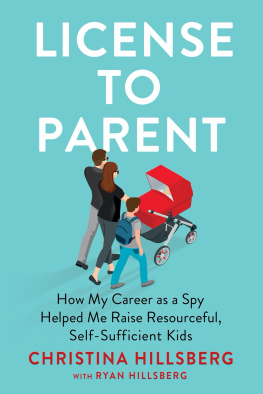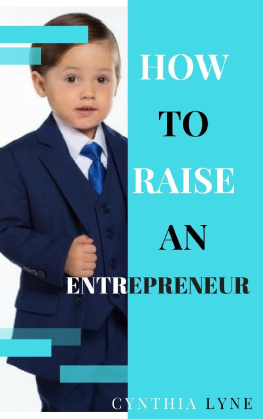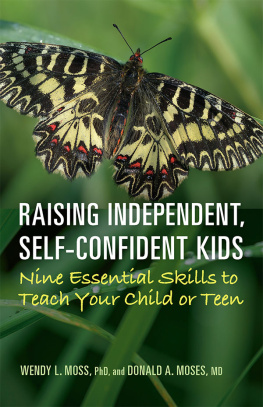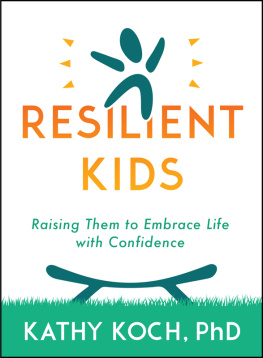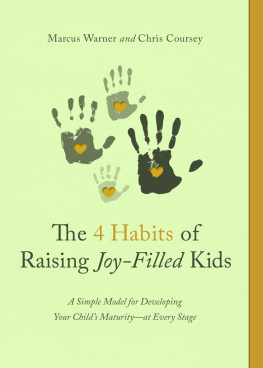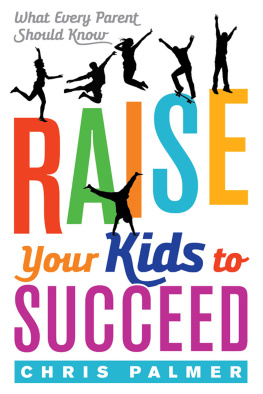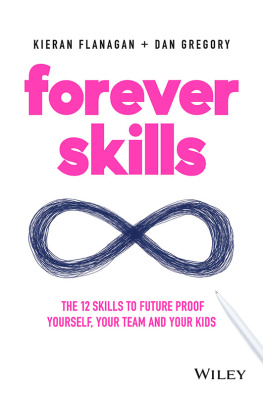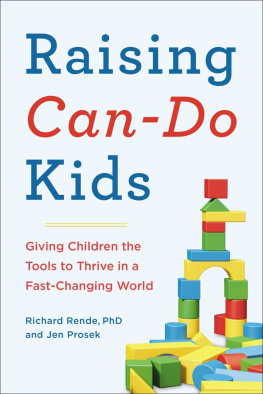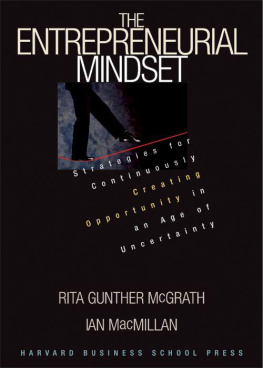


First published in Great Britain in 2020
by Rethink Press (www.rethinkpress.com)
Copyright Jodie Cook and Daniel Priestley
All rights reserved. No part of this publication may be reproduced, stored in or introduced into a retrieval system, or transmitted, in any form, or by any means (electronic, mechanical, photocopying, recording or otherwise) without the prior written permission of the publisher.
The rights of Jodie Cook and Daniel Priestley to be identified as the authors of this work have been asserted by them in accordance with the Copyright, Designs and Patents Act 1988.
This book is sold subject to the condition that it shall not, by way of trade or otherwise, be lent, resold, hired out, or otherwise circulated without the publishers prior consent in any form of binding or cover other than that in which it is published and without a similar condition including this condition being imposed on the subsequent purchaser.
Cover image Shutterstock | zizi_mentos
Cover artwork background Sam Moore
Cartoons Andrew Priestley
CONTENTS
PREFACE
JODIE
It began in 2012. I was around a long boardroom table in London at a plush Mayfair office, with eleven other entrepreneurs. We were aged between twenty-two and thirty-one and our businesses were very different, but considerably successful. We had each started our ventures with less than 1,000 and we were around that table because we had been invited to be ambassadors of a government loans programme for start-ups. The loans offered by the programme were small, so our stories would be showcased as proof that it was possible to start and grow a business regardless of capital.
The discussion was chaired by James Caan, businessman and former Dragons Den dragon. As we went around the table, each entrepreneur was invited to tell their story. Tales included the setup journey, the size of the business, how each company served its customers and the people it hired. When my turn came, I told the room I was one year into running my social media agency and had just hired my first two team members. I had the smallest business in the room at the time. Many of the others owned seriously impressive companies.
After hearing from everyone, a noticeably impressed James Caan asked the group, Out of interest, out of the twelve of you, who has a parent who also started their own business? I put my hand up, because my mum had been self-employed for fifteen years. I remembered her starting her marketing consultancy after leaving the corporate world when I was at school.
I expected there might be one or two others with a similar experience, but to my shock I looked around the room and saw eleven of the twelve people with their hands up. Eleven out of twelve.
As we stared at each other around the table, in awe at what we had just uncovered, I realised that what made this remarkable was that it wasnt about money. We were there because wed started our businesses with less than a thousand pounds. It had to be something else.
This encounter sparked the start of my journey delving into the influences that create entrepreneurs. A year into my business, I was aware that no one else I knew from school had set up on their own. They were mainly in higher education or climbing the corporate ladder. I didnt know if thats what they wanted for themselves, and I got the feeling they didnt know either.
I would meet people who truly believed they could never start their own business, or ask for a promotion, or set ambitious goals and work to achieve them. They believed that success and doing purposeful work were out of the question for their journeys. They underestimated themselves. They shied away from achieving or from doing what they actually wanted to do. It made no sense.
My research from that point led me to view role models as the overarching factor that influences someone to believe they can become an entrepreneur. Kids that have an entrepreneurial role model believe its possible for them. Kids that dont, dont. Simple. While I know now that theres more to it, at the time it was the focus.
I brought my husband on board with the mission, and we embarked upon creating entrepreneurial role models for kids in the form of storybooks. We knew nothing about publishing or selling books, but at each stage our motto became, How hard can it be? Writing a book? Sure. Finding an illustrator, editor, printer? Easy. Selling them in stores and on Amazon? Getting them into every school in the UK? No problem.
We wanted to create relatable role models who readers could be inspired by and emulate if they didnt have an entrepreneurial role model in their parents. We wanted the books to develop the behaviour and mindset associated with entrepreneurship so that the readers would see it as a viable option for their future. The books were fictional stories, not manuals on how to start a business. They led by example rather than instruction.
Four storybooks, a teachers guide and an activity pack later, the mission was resonating with an audience. We had sold 100,000 copies. We were onto something. In the feedback from parents, which we received regularly, they described reading our books as flicking a switch in the minds of their children. They said they had watched their kids go from letting problems defeat them to seeing obstacles as fun challenges to overcome. While they might once have complained of boredom, now they had plenty of ideas for what they could do.
The story-bound role models were doing their job. The books were creating behavioural change like positivity, creativity, resourcefulness and resilience the key traits of entrepreneurs.
The support for the Clever Tykes storybooks has been astounding. Continued feedback from parents and educators of six- to nine-year-olds noticing positive changes in their childrens behaviour since reading the books led me to believe there was more we could do.
In 2018, while conducting research for an article on raising entrepreneurial kids, I asked our audience two questions:
- How are you raising entrepreneurial kids?
- How were you raised to be entrepreneurial?
I also added the questions to Help a Reporter Out (HARO), thinking I might receive a few more responses. What followed was 500 responses from people sharing their stories. I spent weeks poring over these to discover their secrets.
The stories were incredible. The contributors were from different backgrounds and from all over the world. Each answer contained a detailed insight, a moving account or posed a different way of thinking about something. They all expressed intense gratitude towards the role models on their journey, parents or otherwise. Most importantly, they told stories with actionable messages. For many of the responses, it was almost as if the writers were having realisations as they were typing. Oh, there was that thing! Oh, and this too!
Some of the stories had parallels with my own journey. I thought back to growing up with a fierce sense of independence. My mum would encourage me to do things for myself. To work out the right answer and give it a go. I was packing my own suitcase for trips by the time I was four. I was making my own dentist and doctors appointments by the time I was seven. Perhaps I was subconsciously raised to be entrepreneurial. Perhaps my story held secrets, too.
At that moment I realised that my flooded inbox possibly contained one of the deepest, most diverse and personal collections of entrepreneurial education that had ever existed. Right there, in 500 emails, we had not only the answer to how entrepreneurs all over the world were raised. They also contained the methods by which we could raise the entrepreneurs of the future. This was big.
Next page
